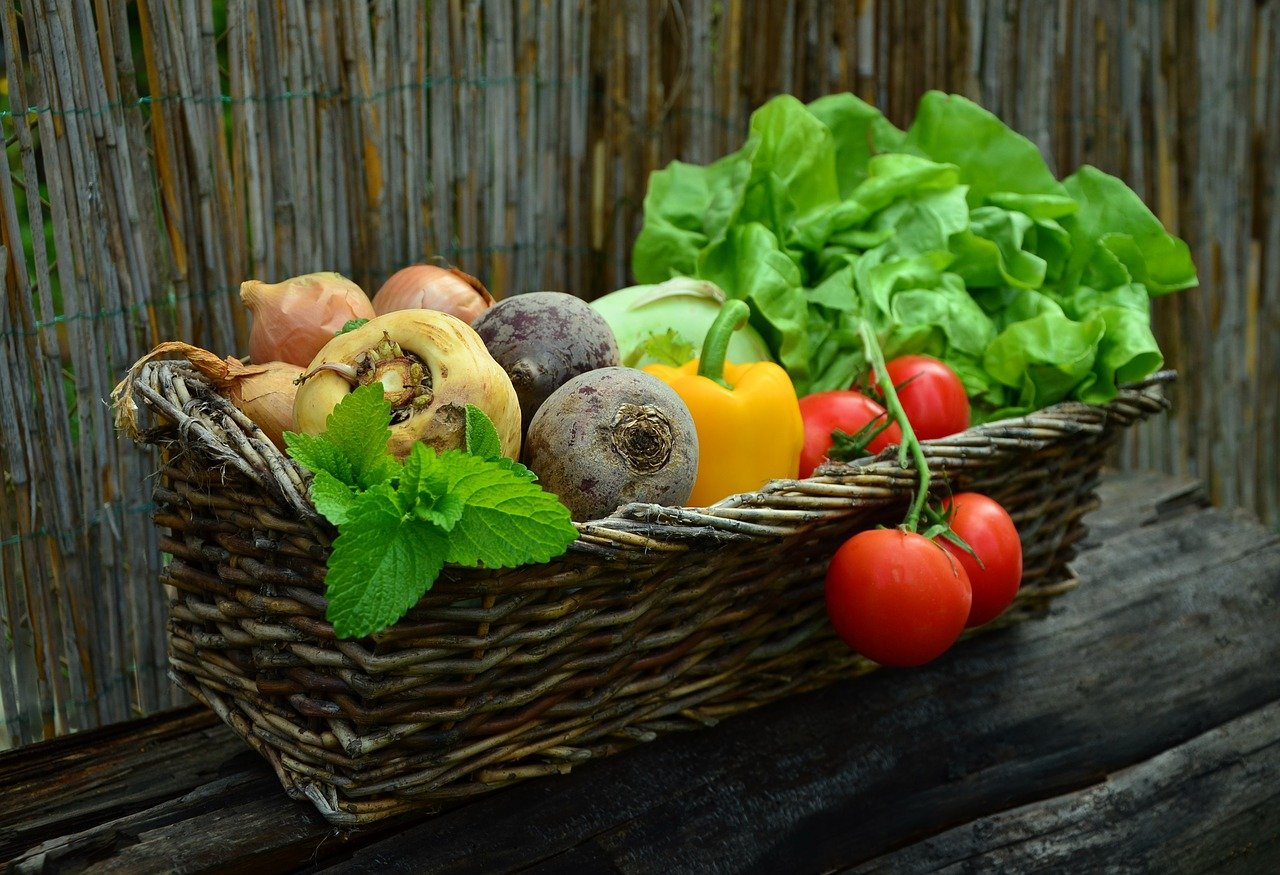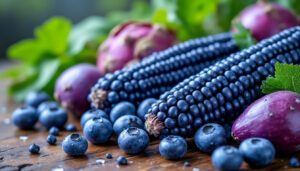|
IN BRIEF
|
Adopt a healthy and balanced diet is essential for seniors in order to maintain a good health and improve their quality of life. With age, nutritional needs change and it becomes essential to pay particular attention to food choices. Whether to strengthen the immune system, maintain good muscle mass or prevent certain diseases, a diet rich in essential nutrients such as the proteins, THE fibers and the vitamins must be at the heart of concerns. In the following lines, we offer you practical and adapted advice to help you navigate towards optimal health through your plate.
As we age, it becomes crucial to pay particular attention to our diet. A healthy eating and balanced diet not only helps maintain good health, but also improves the quality of life of seniors. This article brings together practical tips to help older adults adjust their eating habits based on their specific needs.
Favor nutrient-rich foods
It is important for seniors to consume foods rich in nutrients essential. This includes the proteins, THE unsaturated lipids, and the complex carbohydrates. Proteins, for example, play a fundamental role in maintaining muscle mass. Sources such as lean meat, fish, legumes and dairy products are preferred.
Include fruits and vegetables in every meal
THE fruits And vegetables are an essential source of vitamins, minerals and fiber. Each meal should ideally include a serving of these foods. Varying the colors and types of fruits and vegetables helps optimize nutrient intake. Green leafy vegetables and fruits rich in antioxidants, such as berries, are particularly beneficial.
Ensure good hydration
Adequate hydration is often neglected among seniors. It is recommended to drink at least 1.5 liters of water per day. Herbal teas, broths and 100% natural fruit juices can also contribute to hydration. Avoiding drinks high in sugar or caffeine is also recommended, as they can lead to dehydration.
Eat meals at regular times
Establishing a routine around meals can make it much easier to maintain a healthy balanced diet. Trying to eat meals at set times also helps manage appetite. A calm and pleasant dining environment can encourage seniors to enjoy their food and stimulate the appetite.
Adapt food textures and formats
As we age, some people may have difficulty chewing or swallowing certain foods. It may therefore be useful to adapt the textures and meal sizes by opting for softer foods or mashing them when necessary. This can include soups, purees, or stews, which will also make them easier to consume.
Consult a healthcare professional
It is always a good idea to ask for the opinion of a healthcare professional or a dietician, especially if specific medical conditions are present. This ensures that the diet is not only balanced but also tailored to the specific needs of each individual.
For more in-depth and practical advice on senior nutrition, you can check out useful resources like Here are tips to help a loved one or even Improving the diet of seniors.

Adopt a healthy and balanced diet is crucial for older people to maintain their health and quality of life. With specific nutritional needs, it is essential to pay attention to food choices. This article presents practical advice to help seniors optimize their diet and meet their nutritional needs.
Essential nutrients
Nutritional needs vary with age, but certain nutrients remain particularly important for seniors. It is essential to ensure an adequate intake of proteins, in fibers, in calcium, in vitamin D and in vitamin B12 to preserve overall health and prevent age-related diseases.
Proteins
THE proteins play a fundamental role in the maintenance of muscle mass and tissue repair. It is recommended to consume animal and plant protein sources, such as fish, eggs, chicken, legumes and dairy products, at least once a day.
Fibers
A diet rich in fibers is crucial for digestive health, helping to prevent constipation and regulate intestinal transit. Fruits, vegetables, whole grains and legumes are excellent sources of fiber to include in every meal.
Calcium and Vitamin D
THE calcium and the vitamin D are essential for maintaining bone health. It is advisable to consume dairy products, fish, green vegetables and regularly expose your skin to the sun to promote the synthesis of vitamin D.
Vitamin B12
There vitamin B12 is essential for the functioning of the nervous system and the production of red blood cells. It is mainly found in products of animal origin, which makes its supplementation necessary for some seniors, especially those following a vegan diet.
Balanced daily diet
Eating a balanced diet involves a variety of foods. Seniors should aim to include fruits and vegetables at each meal, while combining complex carbohydrates and unsaturated lipids.
Varied food choices
It is recommended to opt for whole grains, such as wholemeal bread and brown rice, as well as seasonal fruits and vegetables. These choices not only offer better nutritional value but also contribute to a more colorful and attractive diet.
Adequate hydration
Seniors must ensure sufficient hydration. Dehydration may be more common in older people. It is therefore advisable to regularly consume water, herbal teas or broths, and to limit the consumption of sugary and alcoholic drinks.
Environmental factors and meal enjoyment
The context in which one eats plays an important role in food intake. Eat in a pleasant environment and surrounded by loved ones can stimulate the appetite and make meals more pleasant.
Take the time to eat
Seniors must take the time to savor each meal. This not only helps you enjoy food, but also helps you digest it well. Eating meals while seated comfortably, without distractions, is essential to enhance the dining experience.
In summary, a healthy and balanced diet for seniors requires special attention to food choices. By following these tips on essential nutrients and the importance of pleasure in food, older adults can improve their well-being and quality of life. Taking each meal as an opportunity to bring health and satisfaction into their daily lives is the key to successful nutrition.











